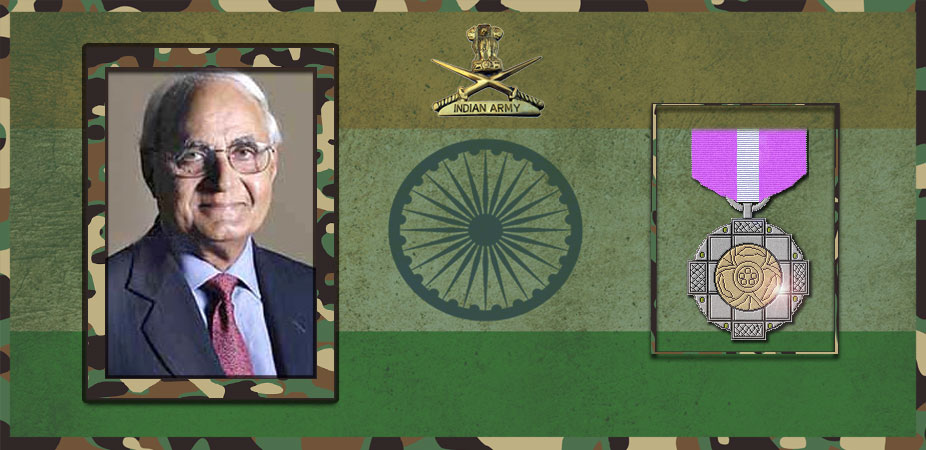Let's salute to our Indian Army together, We are proud to be Indian.
Let's salute to our Indian Army together, We are proud to be Indian.

Mohinder Singh Randhawa or M. S. Randhawa (2 February 1909 – 3 March 1986) was a Punjabi civil servant, botanist, historian, art and culture promoter and prominent writer. He played major roles in the establishment of agricultural research in India, the Green Revolution in India, resettling Punjabis uprooted by Partition, establishing the city of Chandigarh and documenting the arts of Punjab, the history of agriculture in India. A biographer, Gulzar Singh Sandhu, gave him the sobriquet Punjab da Chhewan Dariya, the sixth river of Punjab.
Randhawa joined the Indian Civil Service in 1934, then served in various capacities at Saharanpur, Fyzabad, Almora, Allahabad, Agra, and Rai Barelli until 1945, when he became secretary of the Indian Council of Agricultural Research (ICAR) for a year. He was associated with the ICAR through its initial years and made huge contributions to this pioneering organisation which was responsible for the Green Revolution in India.
In 1946, he was appointed as the Deputy Commissioner of Delhi, when India was on the eve of independence. In 1947 he was in charge of the entire function where Jawaharlal Nehru delivered his famous Tryst with destiny speech. As Deputy Commissioner, he helped persons uprooted by the Partition of India resettle, and then in 1949 he was sent as the Additional Director-General (Rehabilitation) and subsequently made the Director-General (Rehabilitation), Punjab. Dr. Randhawa then went to Ambala Division in the Punjab as the Commissioner. He was brought back to the task of rehabilitating people in 1953 as the Development Commissionerand Commissioner Rehabilitation and Custodian, Evacuee Property, Punjab. During this time he was in charge of allotting land to those who had left behind lands in Pakistan and allotting land to them in Indian Punjab.
In 1955 he was made the Vice-President of the Indian Council of Agricultural Research (ICAR) and Additional Secretary to Government of India, Ministry of Food and Agriculture, New Delhi. He then served the Government of India as Advisor, Natural Resources Planning Commission from 1961–1964 and as the special Secretary, Ministry of Food and Agriculture, Govt. of India. He subsequently became the Financial Commissioner of the Capital Project Punjab from July 1966 to October 1966, and then he was appointed the Chief Commissioner of the Union Territory of Chandigarh in November 1966 and remained so till 1968. Dr. Randhawa served as the founding Vice-Chancellor of Punjab Agricultural University in the 1970s.
Randhawa was chairman of the committee to plan the city of Chandigarh in 1955, and was instrumental in its landscaping. He was instrumental in the establishment of the Chandigarh Museum, Punjab Arts Council and Museum of Cultural Heritage of Punjab at Ludhiana. He also introduced many species of avenue trees to Chandigarh and founded the Rose Garden in Sector 16 in Chandigarh, the Punjab Agricultural University at Ludhiana, the Government Museum and Art Gallery, Chandigarh, and the Anglo-Sikh Wars Memorial near Ferozepur which was completed in February 1976.